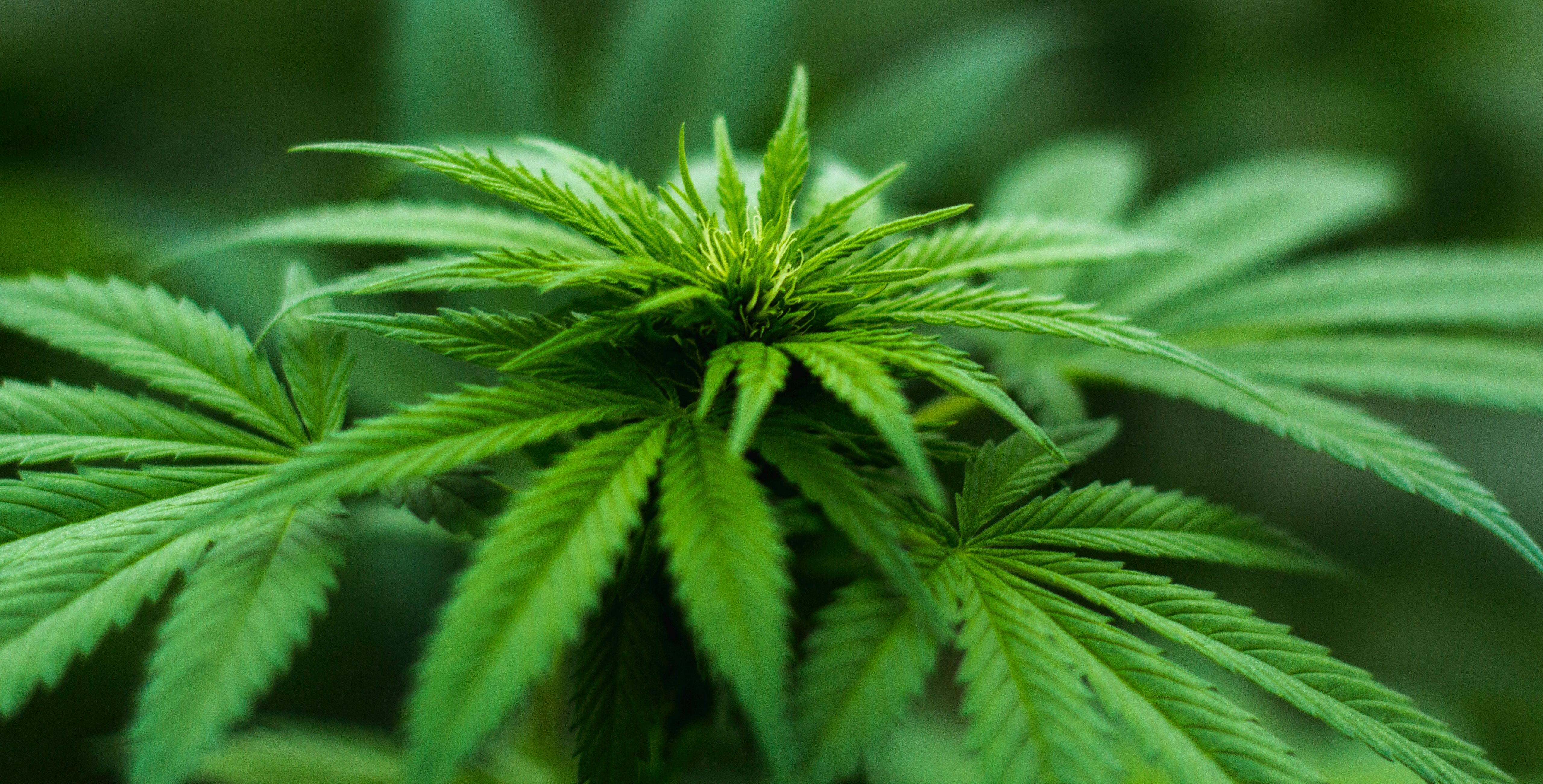Originally published in CNBC
By Jeff Beverly
President-elect Donald Trump has publicly supported medicinal legalization of cannabis products and indicated support for states’ rights to set their own rules on adult use. Nevertheless, some investors fear that the fast-growing industry could suffer a setback with many of Trump’s closest advisers having voiced opposition to legalization.
Some worry that U.S. Sen. Jeff Sessions of Alabama, nominated to be Trump’s Attorney General, might, if confirmed, fight against the cannabis industry because of his earlier remarks, such as saying, “We need grown-ups in charge in Washington to say marijuana is not the kind of thing that ought to be legalized.”
The alarmist view in the industry is that for the price of a few stamps, the new Attorney General could dispatch threatening letters to attorneys general of states now allowing adult cannabis use to let them know they are allowing the federal law to be broken.
However, regardless of the personal opinions of the head of the Justice Department, the Attorney General serves at the pleasure of the president, and Trump supports medical cannabis. Trump told Fox News Channel’s “The O’Reilly Factor” in February, “Medical marijuana, medical? I’m in favor of it a hundred percent.”
Battling the cannabis industry could be political suicide given the victories on Election Day. Voters in Florida, Arkansas, Montana and North Dakota approved ballot initiatives allowing or expanding access to medical marijuana for treating such things as cancer and glaucoma. And voters in California, Massachusetts, Maine and Nevada approved recreational use. That brings the total to 28 states and the District of Columbia that have legalized some form of marijuana use.
Culturally and politically, there is significant momentum among Americans favoring legalization. Pew Research finds 57 percent of U.S. adults believe marijuana should be legal, while just 37 percent say it should be illegal, a reversal of opinions held a decade ago. Support for medicinal marijuana is widespread, at 89 percent nationally, according to Quinnipiac University polling. In other words, cannabis legalization is more popular than both Donald Trump and Hillary Clinton were on Election Day.
Underscoring that bipartisan support, Florida’s medical marijuana initiative was passed with 6 million votes, nearly 2 million more than Trump’s winning state total. That increases pressure on the federal government to reassess its almost 80-year prohibition of cannabis rather than stepping up enforcement.
For Trump to spend substantial political capital battling the legalization trend, when such crucial states to Republican victory as Florida, Ohio and Pennsylvania all passed measures approving cannabis use this year, seems unlikely given the administrations priorities on huge issues including repealing Obamacare, improving border security, and revisiting international trade agreements.
And remember: Republicans hold states’ rights dear. The Libertarian wing of the Republican Party would see a reversal on this policy as a serious overreach.
There are compelling economic reasons, too, for allowing an industry estimated to be worth tens of billions to move out of the shadows of the black market to become legal and regulated.
Legal cannabis sales in the United States rose 17 percent to $5.4 billion in 2015, and are forecast to grow by 25 percent to $6.7 billion this year, according to ArcView Market Research. Investment bank Cowen and Co. predicts that within a decade sales will hit $50 billion in the United States.
In 2015, Colorado collected $135 million in cannabis taxes and fees, with $35 million being used for building schools. Colorado taxes marijuana with its regular 2.9 percent sales tax and a 10 percent additional cannabis sales tax, with a 15 percent excise tax on wholesale marijuana transfers. The cannabis industry is responsible for 18,000 full-time jobs in Colorado alone and generated $2.39 billion in economic impact. Washington has a 37 percent excise tax on recreational cannabis.
On balance, political and economic considerations suggest that Trump will neither step up enforcement measures nor relax the government’s current policy. Instead, the status quo will likely persist, meaning the growth of the industry should continue.
Commentary by Jeff Beverly, president of Grow Solutions Holdings Inc., a firm that invests in cannabis-related verticals, including cannabis-garden suppliers and a cannabis job-placement website.

